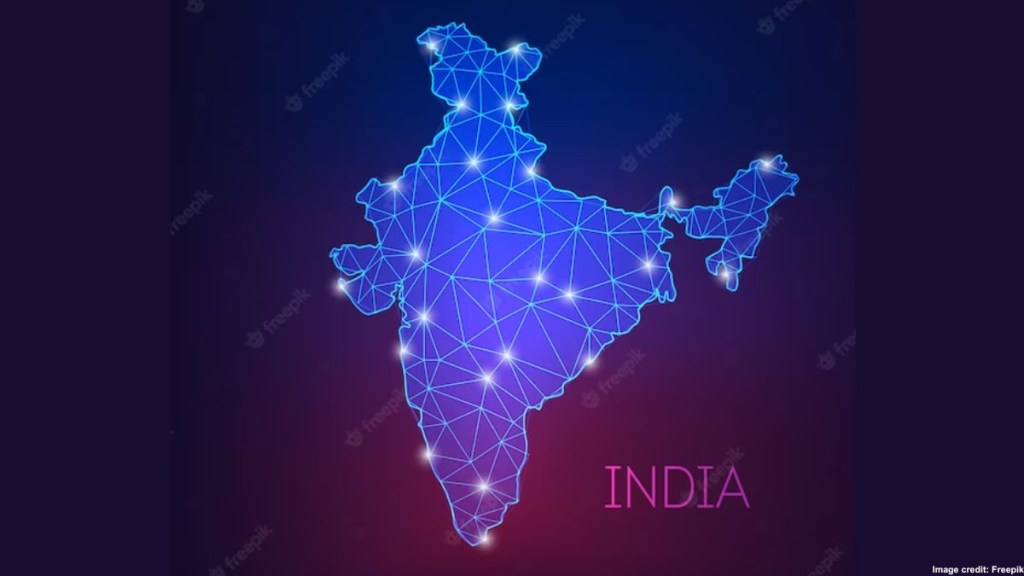The Union Cabinet, along with Narendra Modi, Indian Prime Minister, have agreed to broaden the Digital India programme. Reportedly, this development will provide the programme with a total funding worth Rs 14,903 crores.
According to an official Press Information Bureau (PIB) release, the outlay will enable 6.25 lakh IT professionals get re-skilled and up-skilled under the FutureSkills Prime Programme, along with 2.65 lakh persons’ training in information security under the Information Security & Education Awareness Phase (ISEA) Programme and 540 additional services’ availability under the Unified Mobile Application for New-age Governance (UMANG) app/ platform, with 1,700 services already being available on UMANG. From what it’s understood, nine more supercomputers will be added under National Super Computer Mission, in addition to 18 supercomputers already deployed, and Bhashini, the AI-enabled multi-language translation tool (currently available in 10 languages), will be rolled out in all 22 schedule eight languages.
Moreover, the release mentioned that 1,200 startups will be supported in Tier 2/3 cities, three centres of excellence in Artificial Intelligence on health, agriculture and sustainable cities will be set up, and cyber-awareness courses for 12 crores college students. Plans have seemingly been established for new initiatives in the area of cyber security including development of tools and integration of more than 200 sites with National Cyber Coordination Centre.
It’s believed that the initiative will give a boost to the digital economy of India, drive digital access to services and support India’s IT and electronics ecosystem. Reportedly, the Digital India programme was unveiled on July 1, 2015, to provide citizens with digital delivery of services.







